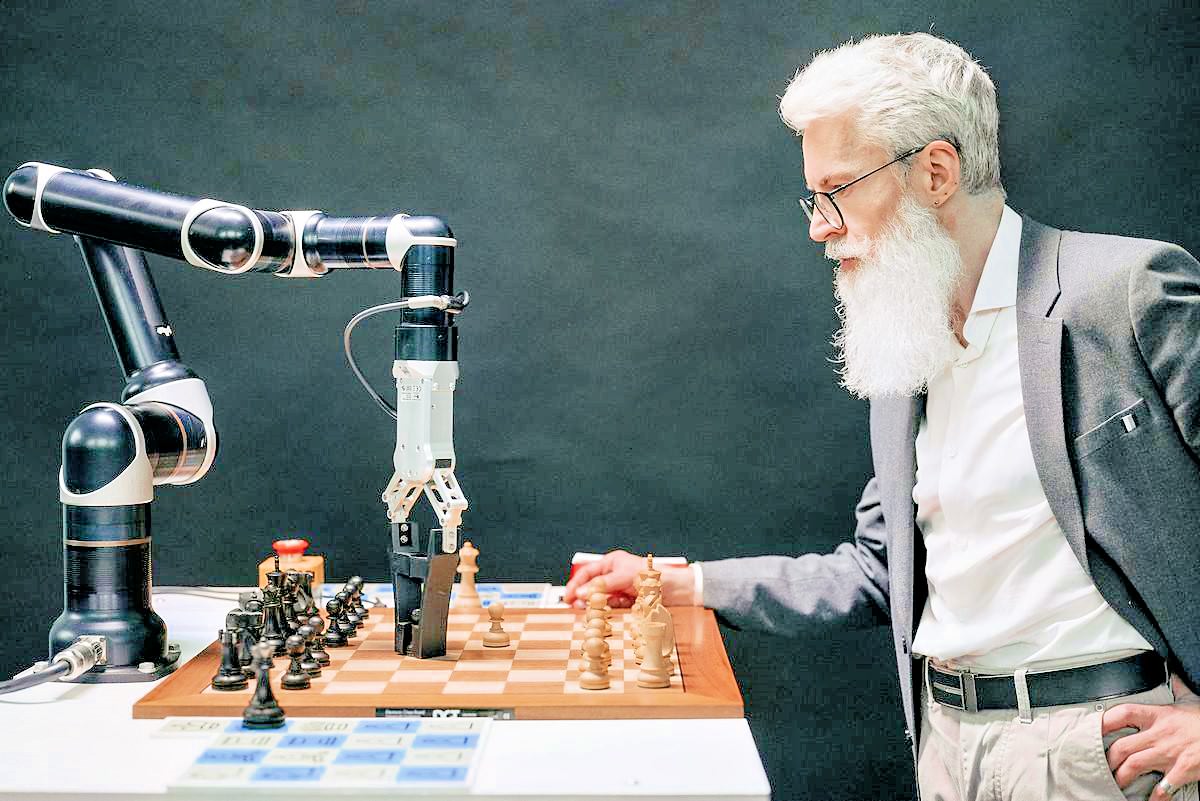The Artificial Intelligence (AI) revolution is in full swing, and tech giants are locked in a fierce battle for data supremacy. As AI models become more advanced, the demand for high-quality data to train these models has skyrocketed. Companies are investing billions to secure the best datasets, leading to questions about data privacy and ethical considerations.
🤖 AI Models: The New Arms Race 💻
The release of Google’s Gemini Advance version 1.5 has reignited the competition among tech titans. Touted as superior to ChatGPT, the new model comes with a $19-20 monthly subscription, though Google is currently offering a two-month free trial. As users explore the capabilities of this latest offering, the question remains: does it truly outperform ChatGPT?
Meanwhile, the chairman and CEO of JP Morgan Chase have raised concerns about the impact of AI on various markets. Major companies like Amazon, Google, Microsoft, and Apple are scrambling to develop better models and secure valuable data assets, such as photo stocks and private photo buckets. The race is on to acquire the largest and most diverse datasets to train AI models, potentially leading to ethical dilemmas.
🔍 The Data Dilemma: Privacy vs. Progress 🕵️♀️
The use of publicly available data for training AI models has sparked controversy. OpenAI, for instance, spent over 1 million hours training its model on YouTube videos, raising questions about permission and monetization. Some creators fear their content may be used without compensation or consent, potentially leading to lawsuits over data privacy.
Japanese tech giants have expressed concerns about the “social order collapse” in the AI realm, highlighting the fear and uncertainty surrounding this rapidly evolving technology. However, as the adage goes, “knowledge is power, and ignorance is dangerous.” Embracing and understanding AI could be the key to controlling it, rather than allowing it to control us.
🛡️ AI in Cybersecurity and Finance 💰
As AI continues to permeate various industries, its applications in cybersecurity and finance are particularly noteworthy. Oracle has announced an AI-powered cloud service to help banks migrate anti-money laundering systems, reflecting the dual nature of AI: while some use it for nefarious purposes like creating chatbots for fraud, others develop AI to combat such threats.
🌍 Global AI Hubs and Innovations 🚀
Microsoft’s announcement of the Microsoft AI Hub in London highlights the global race to establish AI centers of excellence. Meanwhile, Spotify is launching a beta AI playlist feature that analyzes users’ listening habits and preferences to curate personalized playlists. The term “AI” has become a buzzword, with companies scrambling to incorporate it into their offerings, akin to the “quantum” craze of the past.
🖼️ AI in Image Enhancement and Creativity 🎨
For photographers and creatives, AI has opened up new possibilities for image enhancement and artistic expression. Services like Fix Blurry and Topaz offer solutions for sharpening and upscaling blurry photos. However, the real game-changer is Magnific AI, a jaw-dropping software that outperforms its competitors in upscaling and sharpening images. While expensive, it caters to professionals seeking high-resolution images for posters, photography, and other applications.
💻 AI in Code Analysis and Music Generation 🎵
In the realm of programming and music, AI is making its mark as well. Services like DriveAI claim to analyze code and identify potential issues, though their effectiveness is still under evaluation. On the creative side, platforms like SoundRaw offer AI-generated copyright-free music, perfect for content creators seeking royalty-free tracks.
🖌️ AI in 3D Modeling and Artistic Creation 🎭
The intersection of AI and 3D modeling is an exciting frontier. Daz 3D, once adamantly opposed to AI-generated content, has now embraced the technology with its Daz AI Studio. This shift reflects the growing acceptance of AI in creative fields, allowing artists to explore new avenues of expression.
Mid Journey’s updates have also expanded the possibilities for AI-generated art, enabling imaginative scenarios like Minions battling dinosaurs. While these creations showcase the AI’s vision, they may not necessarily align with the artist’s original concept, highlighting the ongoing dialogue between human creativity and artificial intelligence.
🎥 The Rise of AI-Generated Video 🎞️
The release of OpenAI’s SORA, an AI-generated video, has sent shockwaves through the entertainment industry. With its ability to create stunning visuals and even music videos, SORA challenges traditional filmmaking. However, like AI-generated images, these videos represent the AI’s interpretation rather than the creator’s original vision, sparking discussions about the role of human creativity in an AI-driven world.
🇺🇸 Reshaping the Tech Landscape 🏭
Beyond the AI realm, the tech industry is undergoing significant shifts. The US government’s contract with TSMC, a Taiwanese chip manufacturer, to build factories in Arizona represents a strategic move towards greater self-reliance in the semiconductor industry. While driven by political and economic considerations, this development could reshape the global tech landscape.
Copyright © 2025 Hea1th.net

